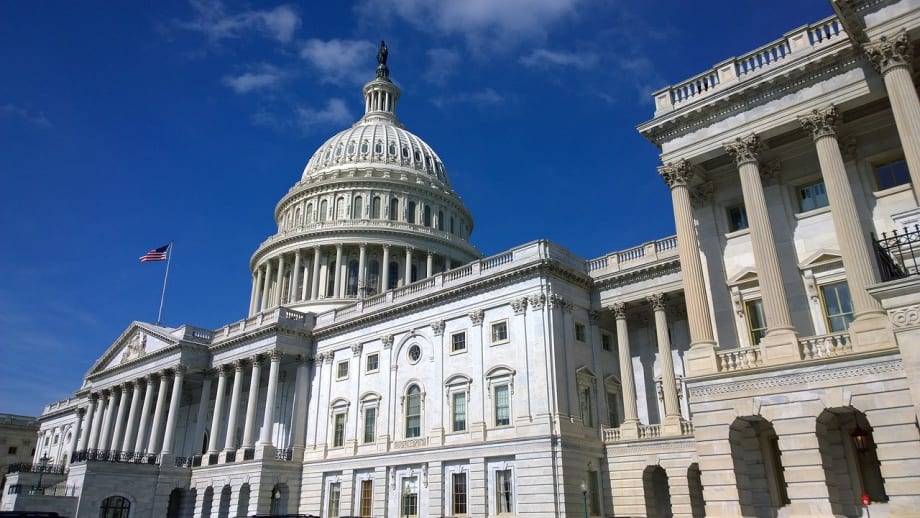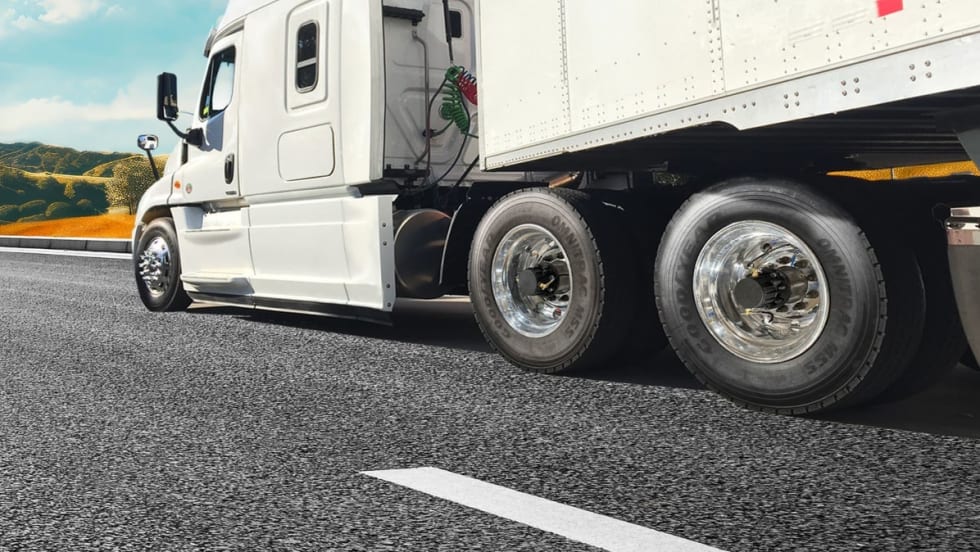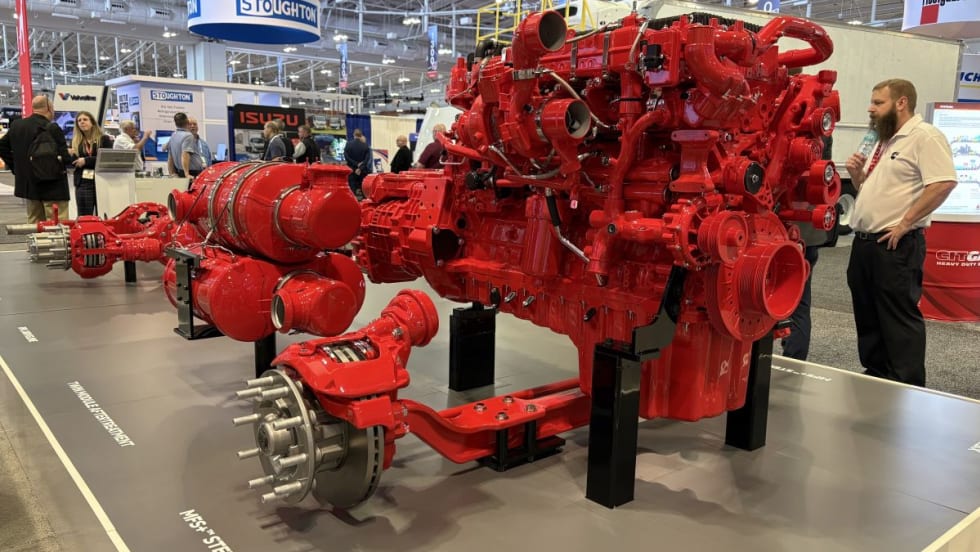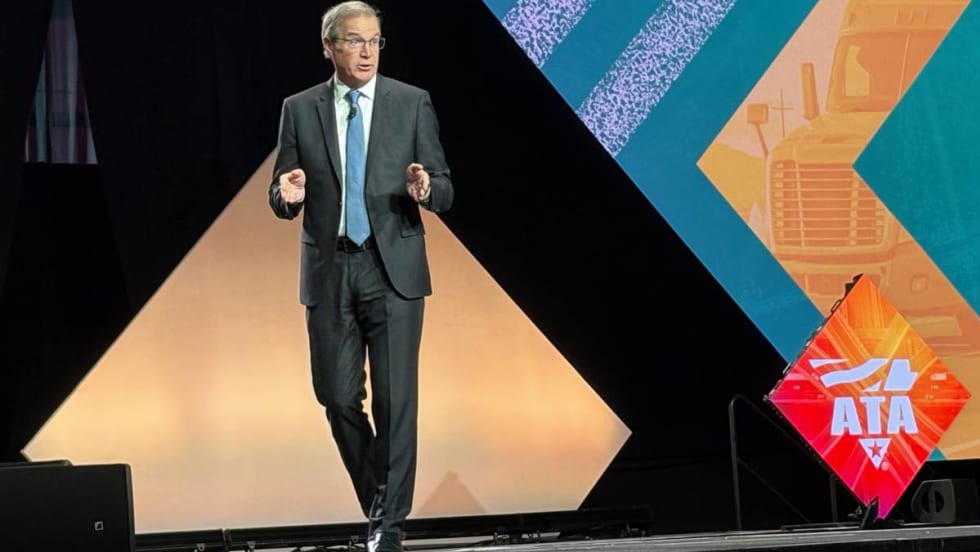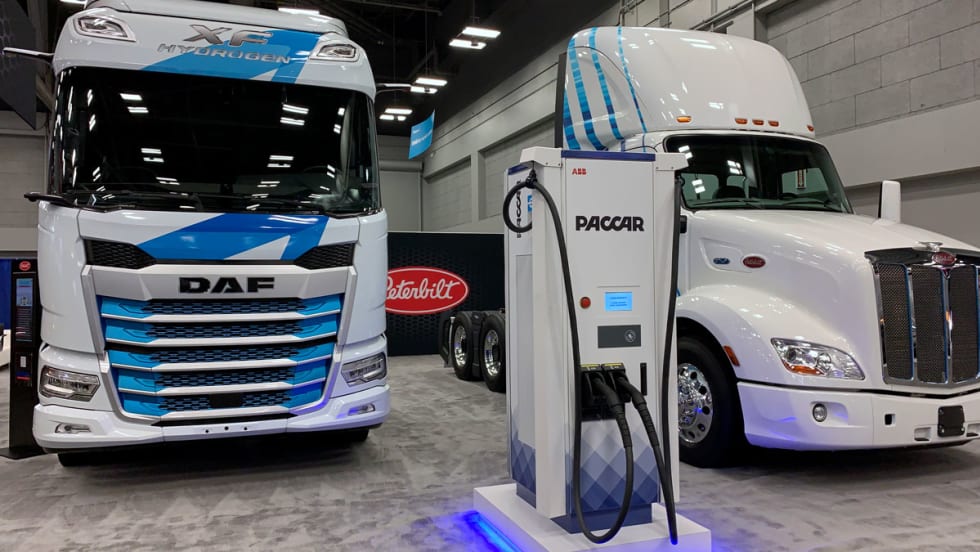Infrastructure is one of those things that is oft-heard on the presidential campaign trail, because it garners wide bipartisan support. In the 2016 elections, Hillary Clinton proposed a five-year, $275 billion infrastructure plan. Donald Trump went even bigger, proposing to spend $500 billion on infrastructure (which he later doubled to $1 trillion.)
Politico.com included the infrastructure promises among the 2016 campaigns’ unlikeliest promises, noting, “Both Clinton and Trump have promised big-spending infrastructure plans to revitalize the nation’s highways, railroads, bridges and airports — while largely skipping the hard questions about how to pay for it.”
Clinton said her plan would be paid for with “business tax reform.” Politico noted that Trump was “even more nebulous on how to pay for it, essentially suggesting it would be financed through debt, such as bonds.”
As president, Trump’s grandiose plans went nowhere. Without a concrete infrastructure plan and deal-making from the White House, bitter partisanship on both sides of the aisle in Congress stymied infrastructure bills. The Republican-held Senate passed a $287 billion infrastructure funding measure in 2019. Last summer, the Democratic-held House passed a $500 billion, partisan “green” infrastructure bill that it had to know would go nowhere in the Senate.
The two sides eventually simply extended the 2015 surface transportation law by a year, to Oct. 1, 2021. (Kicking the can down the road like this is hardly new. I don’t think I’ve seen a highway bill pass without these extensions in the 30 years I’ve been covering trucking.)
Infrastructure under Biden
President Biden also is promising action on infrastructure; a $2 trillion plan is widely expected, even more ambitious than Trump’s campaign promises and four times the House bill that Republicans last year said was too expensive.
Although Democrats now hold the majority in the White House, the Senate, and the House of Representatives, the whisker-thin margin in the Senate and a reduced majority in the House mean it’s going to require bipartisanship and compromise on both sides to make things happen.
During the Senate confirmation hearing for Pete Buttigieg for secretary of transportation, the former Democratic presidential hopeful and former mayor of South Bend, Indiana, cited a “bipartisan appetite for a generational opportunity to transform and improve America’s infrastructure.”
“Transportation infrastructure investment around here has always been an area for bipartisan cooperation. The other thing that enjoys bipartisan popularity around here is not paying for it.”
The problem is, although “infrastructure” as a general concept has broad bipartisan support, the definition of what that includes varies greatly – as do beliefs on how we should pay for it.
Republican lawmakers tend to think of infrastructure in a more traditional way: highways, bridges, airports. However, Democrats increasingly want it include things such as broadband internet access, electric-vehicle charging, and incentives to drive the increased adoption of electric vehicles and clean-energy production to power them.
And then, no matter how you define “infrastructure,” there’s the question of how to pay for it.
'Bipartisan Cooperation'
“Transportation infrastructure investment around here has always been an area for bipartisan cooperation,” said Sen. John Thune, R-S.D., during Buttigieg’s confirmation hearing. “The other thing that enjoys bipartisan popularity around here is not paying for it.”
We’ll hear all this and more discussed in the coming months, as Biden has put infrastructure near the top of his priority list, after addressing the COVID-19 pandemic and shoring up an economy hard hit by its effects.
I’m cautiously optimistic that we’ll actually see Biden sign some decent infrastructure legislation. The new resident of the White House has promised to be a president for all Americans, and has stayed firmly in the moderate camp. He has literally decades of experience, both in the Senate and in the White House, in how to make the deals and compromises necessary to shepherd legislation through Congress.
And with the Senate now being split evenly at 50 senators from each party, and the House having a smaller majority than it did, I’m hopeful that with Biden to set an example, they will learn to compromise.
Former Secretary of State Colin Powell, a centrist who has supported both Republicans and Democrats, once said: “Compromise is how this country was founded, and unless … people in disagreement with each other don’t find a way to reach out to one another and make compromises, you don’t get a consensus that allows you to move forward."




